«The Master and Margarita» by Mikhail Bulgakov is a complex and richly layered novel that intertwines two main narratives: the story of the Devil visiting Soviet Moscow and the tale of the Master, a writer, and his love, Margarita.
Main Themes:
- Good vs. Evil: The novel explores the duality of human nature, questioning the nature of good and evil through its characters and events.
- Love and Sacrifice: The relationship between the Master and Margarita illustrates the power of love, as well as the sacrifices made for it.
- Art and Censorship: Bulgakov critiques the oppressive Soviet regime and the struggles of artists in a repressive society.
Key Characters:
- Woland: The Devil, who brings chaos to Moscow, revealing the true nature of its inhabitants.
- The Master: A tortured writer whose work is rejected, symbolizing the struggles of creative individuals.
- Margarita: The Master’s devoted lover, who makes a pact with Woland to reunite with him.
Structure:
The novel alternates between the events in Moscow and a retelling of the trial of Jesus in Jerusalem, creating a rich tapestry of historical and fantastical elements.
Style:
- Magical Realism: Bulgakov blends the ordinary with the supernatural, creating a surreal atmosphere.
- Satirical and Philosophical: The narrative is laced with sharp wit and profound philosophical insights.
Significance:
«The Master and Margarita» is considered one of the greatest works of 20th-century literature, reflecting on the nature of power, faith, and the resilience of the human spirit. Its enduring themes and innovative narrative structure continue to resonate with readers today.

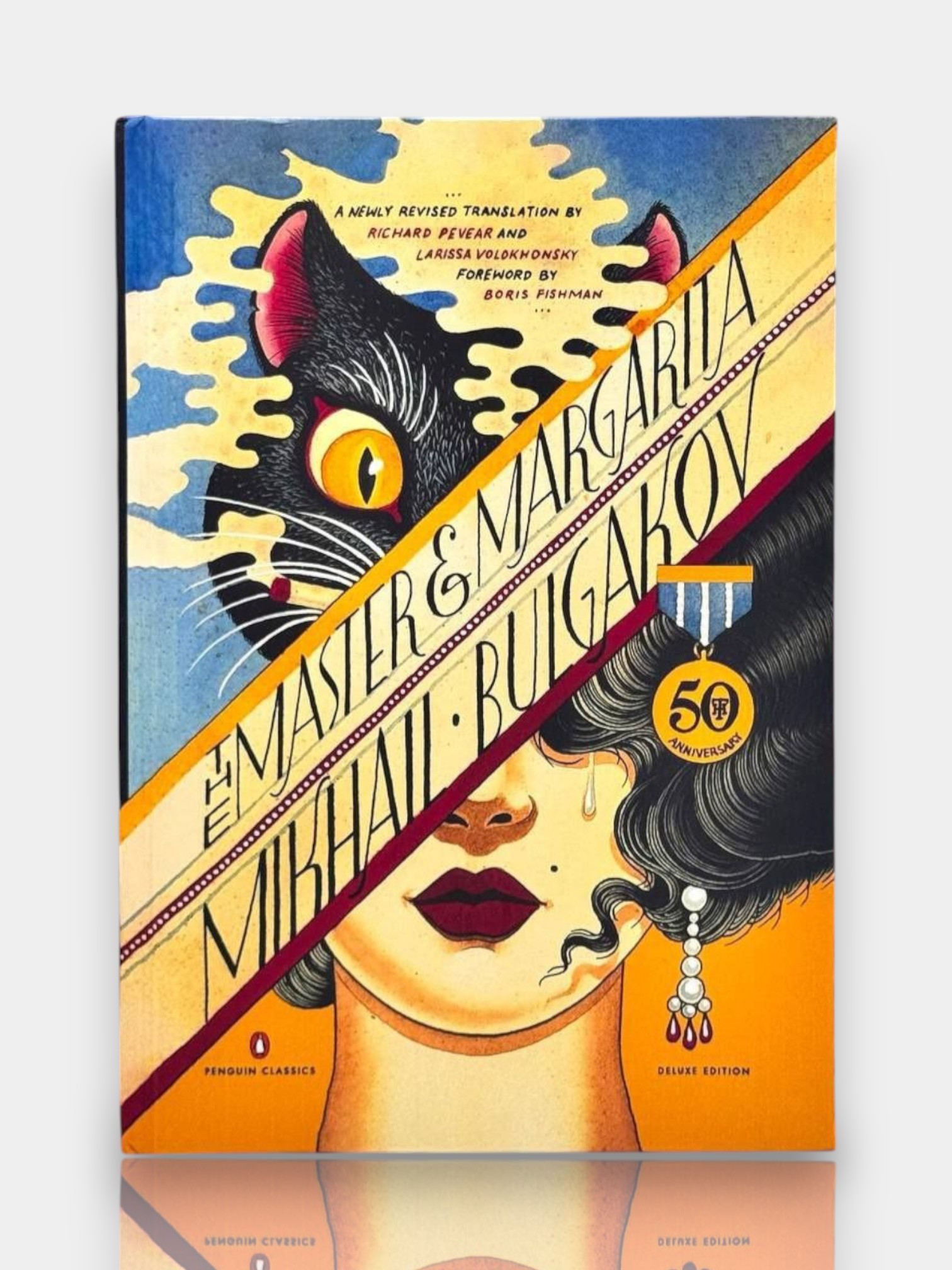


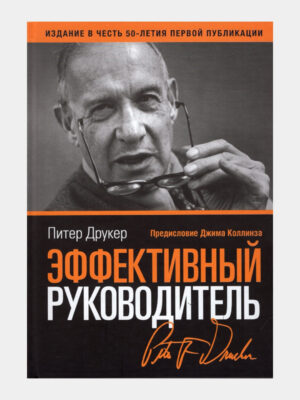







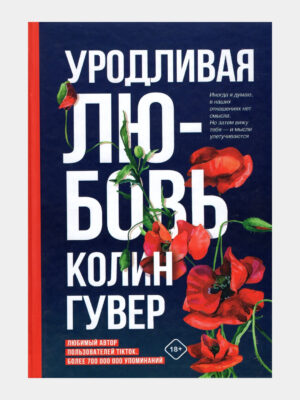
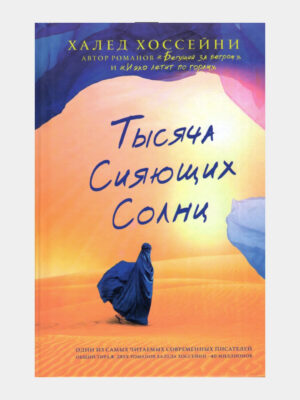





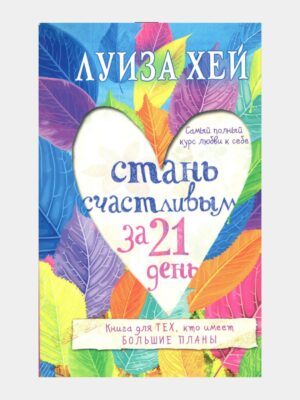
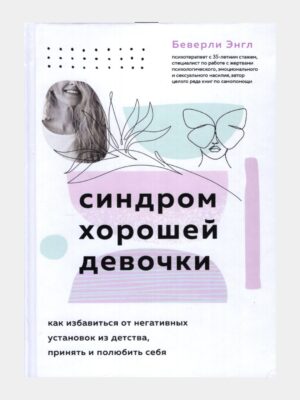
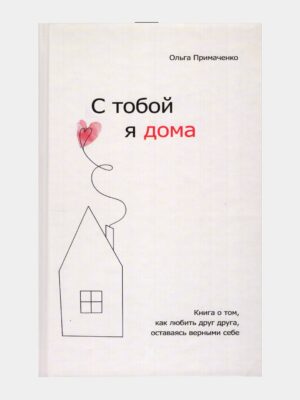







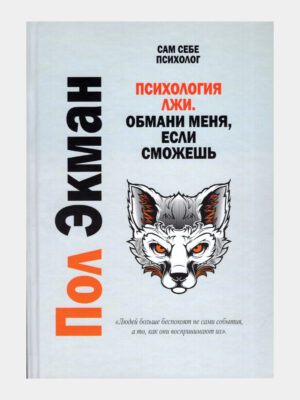







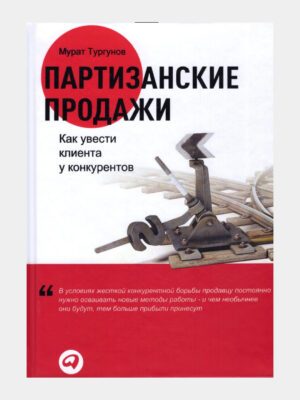
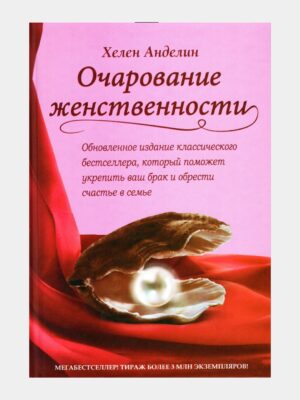




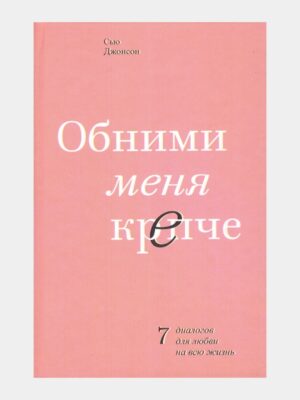





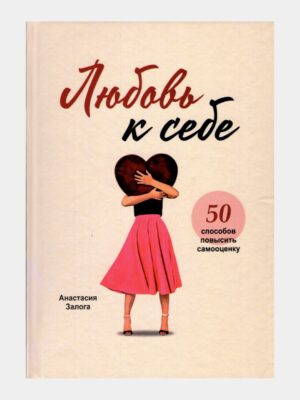

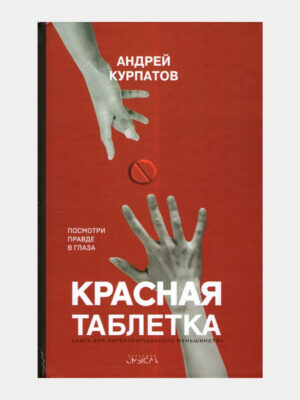


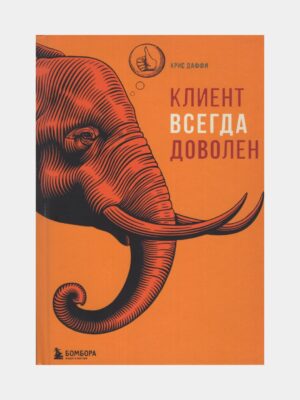
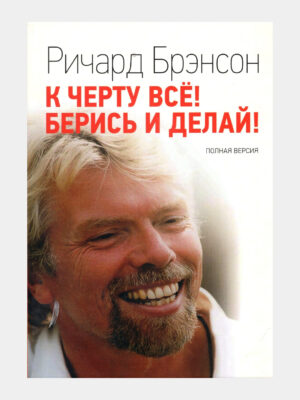
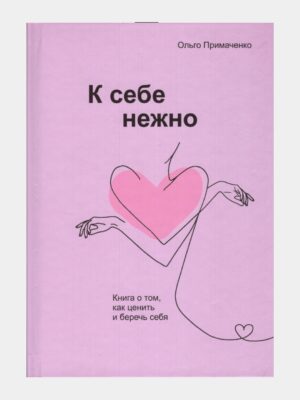






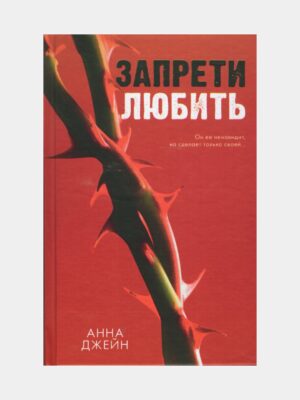
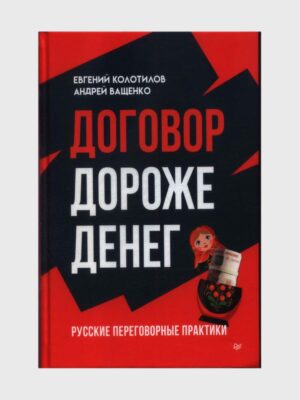












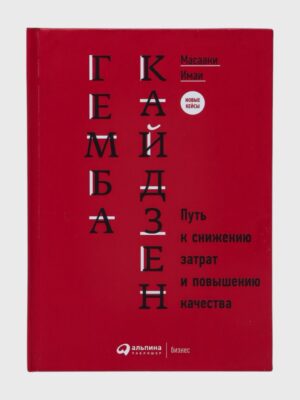


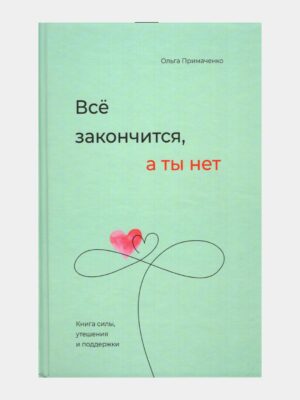



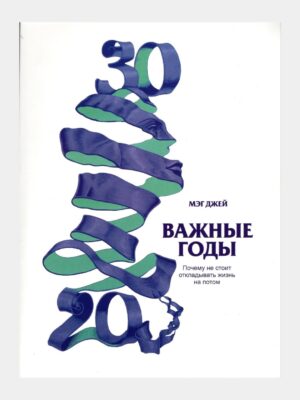

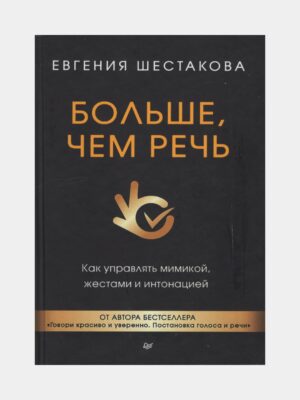








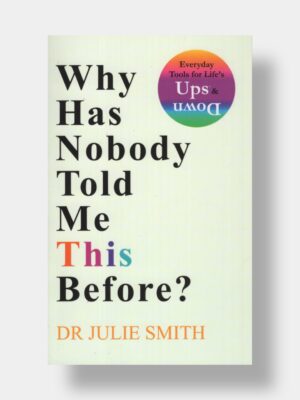



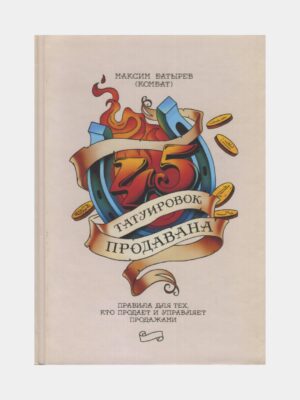





Отзывы
Отзывов пока нет.